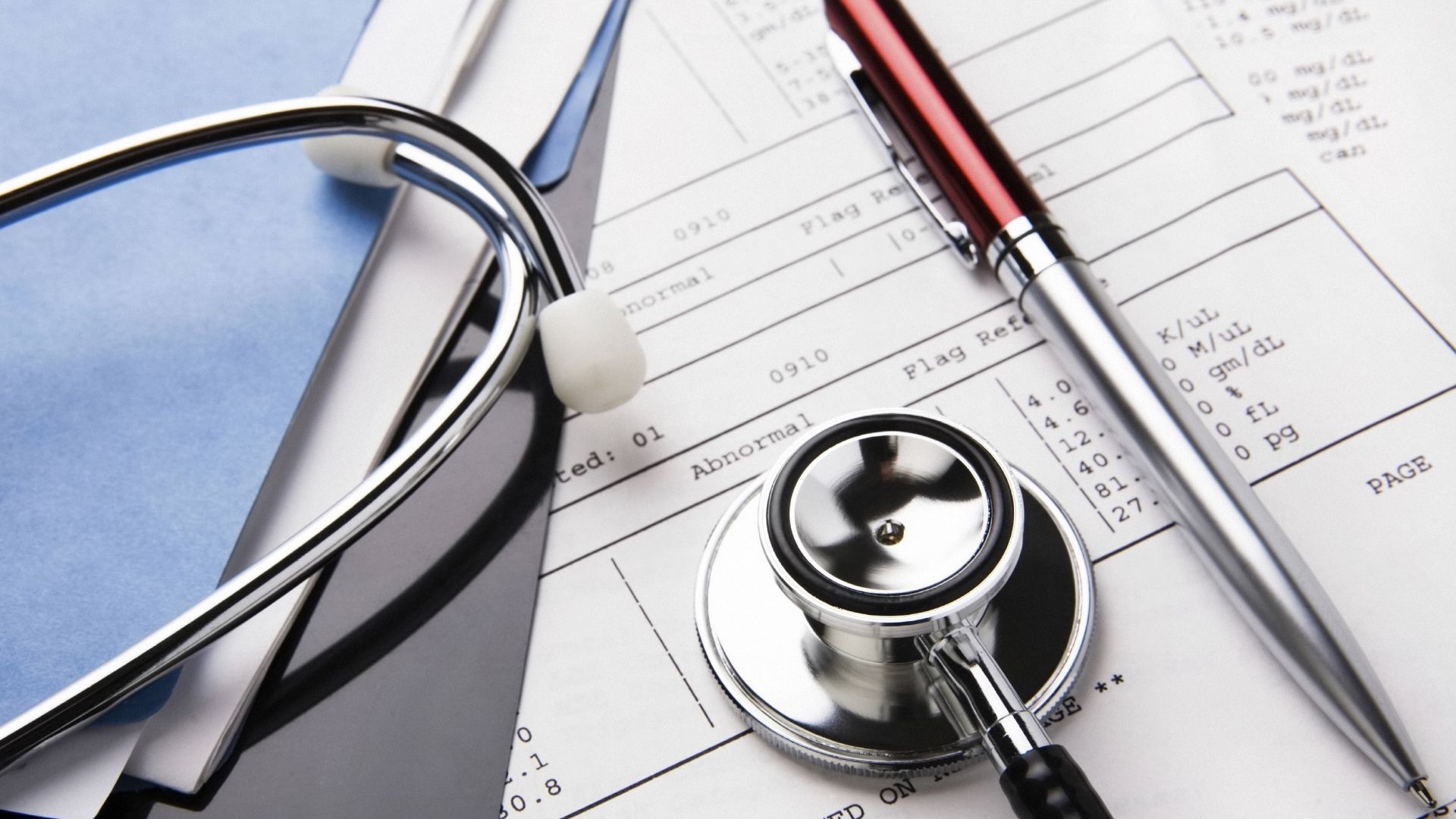More debts: ADB OKs $600M loan for universal health care in PH
MANILA, Philippines—With the implementation of the Universal Health Care (UHC) law in full swing amid the COVID-19 pandemic, the Asian Development Bank (ADB) has extended a $600-million loan to the Philippines to ensure health access for all Filipinos.
In a statement on Friday (Nov. 19), the Manila-based ADB said the newest financing to support the Department of Health’s (DOH) build universal health care program would “support the government’s initiatives to improve the financing and delivery of health services and implement measures to monitor the performance of health service providers.”
The ADB said the program will “expand the use of digital tools for the sector and ensure sharing of data among health information systems and databases.”
This seeks to enhance the capacity of the DOH and state-run Philippine Health Insurance Corp. (PhilHealth) to implement UHC along with other government agencies, local government units and the private sector.
With the gradual devolution of health services to LGUs starting in 2022 due to the implementation of the Supreme Court’s Mandanas-Garcia ruling, the ADB loan will also “support LGUs’ efforts to expand health promotion and help improve access to health care workers and health care facilities, particularly in underserved LGUs.”
The national government will transfer the delivery of health and other services to LGUs which will enjoy bigger budgets in 2022 from their larger share in internal revenue taxes.
Also, the ADB said it will “administer a $2-million technical assistance grant from the Japan Fund for Poverty Reduction to support the implementation of health policy reforms in LGUs.”
“The ADB will provide technical advice as the government prepares to implement the next set of universal health care-related reforms by 2023,” it added.
“The COVID-19 pandemic has highlighted existing constraints in the country’s health care service delivery, which the government sought to address in its pandemic health response,” said Ayako Inagaki, ADB director of human and social development for Southeast Asia.
“This program seeks to boost the government’s ability to achieve its universal health care goals and provide timely and equitable health care services, especially for the poor and marginalized across the country,” Inagaki said.
Eduardo Banzon, ADB principal health specialist for Southeast Asia, said the new ADB program will:
- Help the Philippine government boost financing for universal health care
- Expand supply of health facilities and workers
- Enable integration of health care providers
- Enhance health system efficiency
Earlier ADB documents had estimated the Philippines’ health expenditures in 2019 were equivalent to only 4.1 percent of gross domestic product (GDP), below the 2018 global average of 9.8 percent and the middle-income country average of 5.1 percent.
As a result, the Philippines had a high share of individual out-of-pocket spending for health care, which the ADB had said “contributed to catastrophic and impoverishing health expenditures and inequity for many Filipinos.”
“These constraints have been highlighted during the ongoing COVID-19 pandemic by the insufficient hospital treatment capacity, poor contact tracing, and high hospital user fees,” the ADB had noted.
The new loan will support the bigger budgets intended for the DOH and PhilHealth, which would climb from $3.95 billion in 2020 to $5.91 billion in 2023, the ADB had said.
Last October, Finance Secretary Carlos Dominguez III said the government was committed to implement the UHC law even as harder times wrought by COVID-19 slashed PhilHealth contributions and resulted in a deficit.
As of end-September, the national government injected P76.1 billion in subsidies to PhilHealth, which had been criticized for shortcomings in COVID-19 response as well as corruption within its ranks.
In 2019, President Duterte signed Republic Act (RA) No. 11223 or the Universal Health Care Act to automatically enroll all Filipinos in the national health insurance program being implemented by PhilHealth.
The government had also jacked up excise on “sin” products like tobacco, e-cigarettes and alcoholic drinks yearly to raise funds for the universal health care program.
For 2021, the government’s target was to generate P254.5 billion in revenues from cigarette and alcohol excise.
